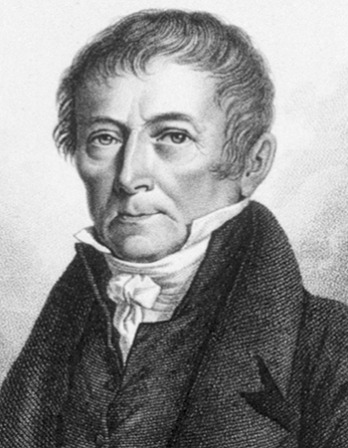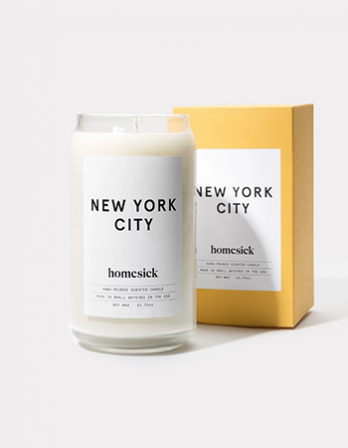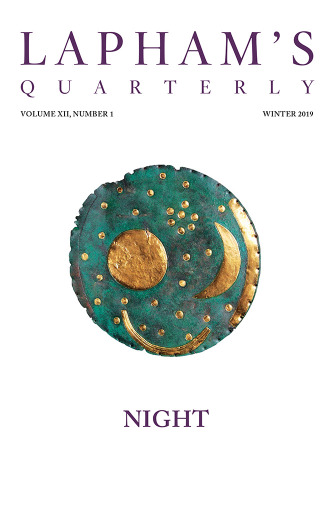We fear the weather spirit of earth that we must fight against to wrest our food from land and sea. We fear Sila.
We fear dearth and hunger in the cold snow huts.
We fear Takanakapsaluk, the great woman down at the bottom of the sea, that rules over all the beasts of the sea.
We fear the sickness that we meet with daily all around us; not death, but the suffering. We fear the evil spirits of life, those of the air, the sea, and the earth, that can help wicked shamans to harm their fellow men.
We fear the souls of dead human beings and of the animals we have killed.
Therefore it is that our fathers have inherited from their fathers all the old rules of life which are based on the experience and wisdom of generations. We do not know how, we cannot say why, but we keep those rules in order that we may live untroubled. And so ignorant are we in spite of all our shamans, that we fear everything unfamiliar. We fear what we see about us, and we fear all the invisible things that are likewise about us, all that we have heard of in our forefathers’ stories and myths. Therefore we have our customs, which are not the same as those of the white men, the white men who live in another land and have need of other ways.
Aua, from a discussion recorded by Knud Rasmussen. Born around 1870, the Igloolik shaman gave this summation of local Inuit religion to Danish explorer and anthropologist Rasmussen. Aua was converted to Christianity by missionaries around the time of Rasmussen’s visit; this depiction is often interpreted in contrast to the Christian message of trust in God. In another narrative recorded by Rasmussen, Aua says he took his name from a type of “little spirit, a woman, that lives down by the seashore,” from whom he derived his shamanic powers.
Back to Issue




